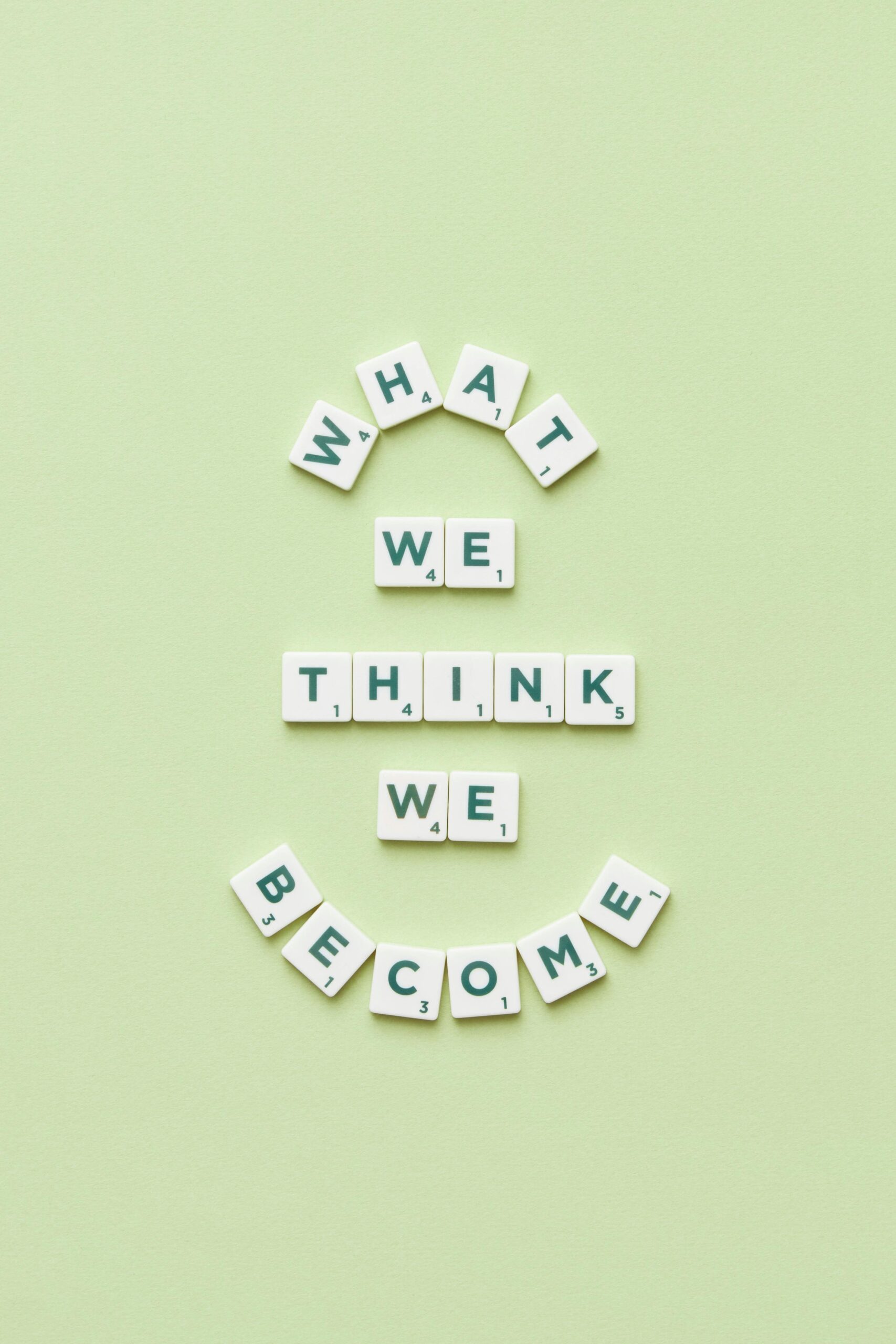What is Our Greatest Weakness?
Ah, the classic interview question: “What is your greatest weakness?” It often catches even the most seasoned professionals off guard. But let’s face it—everyone has weaknesses. Acknowledging them isn’t just a sign of humility; it can also demonstrate self-awareness and a commitment to personal growth. So, let’s take a deep dive into this seemingly simple question and explore how to tackle it with confidence, honesty, and a dash of charm.
The Art of Self-Reflection
Before you even think about crafting your answer, it’s crucial to engage in a little self-reflection. Grab a cup of coffee, sit back, and ask yourself: “What do I struggle with?” This isn’t just a list of your flaws; it’s an opportunity to identify areas for improvement.
Consider the following common weaknesses:
- Overcommitment: Are you the go-to person for every project, only to find yourself overwhelmed?
- Perfectionism: Do you find yourself obsessing over the tiniest details, delaying progress?
- Public Speaking: Does the thought of speaking in front of a group make your palms sweaty?
- Delegation: Do you struggle to let go of tasks, believing you can do it all better?
Identifying your weaknesses is the first step. Once you know what they are, you can frame them in a way that highlights your desire to improve.
Framing Your Weakness
When answering the dreaded question, it’s essential to present your weakness in a constructive light. Here’s where storytelling can come into play. Instead of simply stating, “I’m bad at public speaking,” try this:
“I’ve noticed that public speaking is a challenge for me. In my last role, I had to present quarterly reports to the team, and I often felt nervous. Recognizing this, I enrolled in a public speaking class. Now, although I still feel the butterflies, I’m much more comfortable and even enjoy the process!”
See the difference? The first version sounds like a red flag, while the second displays growth and initiative—qualities that employers love.
Be Specific
When discussing your weakness, specificity is key. Instead of vague terms like “I need to improve my communication skills,” you could say:
“I tend to be a bit of a lone wolf, preferring to work independently. This can sometimes hinder my communication with the team. To address this, I’ve started scheduling regular check-ins with colleagues to ensure everyone is aligned.”
Turning Weaknesses into Strengths
Now, here’s the fun part: turning your weaknesses into strengths. This doesn’t mean you should fabricate a heroic tale out of thin air. Instead, focus on how your weakness can also be a double-edged sword. For instance:
“I often set very high standards for myself and my work, which can lead to perfectionism. While this means I produce high-quality results, it can also slow me down. I’ve learned to balance this by setting realistic deadlines and focusing on progress over perfection.”
This kind of response not only showcases your self-awareness but also demonstrates your ability to learn and adapt—qualities that are genuinely appealing to employers.
Practice Makes Perfect
Once you’ve crafted your answer, practice is essential. Whether it’s in front of a mirror, with a friend, or even your pet (they’re great listeners!), rehearsing your response will help you deliver it with confidence. And let’s be honest—confidence can turn even the most awkward answers into something memorable.
Anticipating Follow-Up Questions
Don’t be surprised if your interviewer digs a little deeper. They might ask, “How have you worked on this weakness?” So, be ready with examples of what you’re doing to improve. The more specific you can be, the better.
For instance, if you mention time management as a weakness, you might follow up with:
“I’ve started using a project management tool to prioritize my tasks more effectively. It’s really helped me stay on track and meet deadlines without the last-minute scramble.”
Embrace Your Humanity
At the end of the day, everyone has weaknesses. In fact, sharing them can make you more relatable. Remember, it’s not about presenting yourself as flawless; it’s about showcasing your journey towards improvement. A sprinkle of self-deprecation, when appropriate, can also go a long way. After all, who doesn’t love a little humor in a serious conversation?
So, the next time you’re confronted with “What is your greatest weakness?” don’t panic. Embrace the question, reflect on your experiences, and approach it with honesty and a plan for growth. After all, acknowledging our weaknesses is the first step in turning them into strengths—and that’s a story worth telling!


